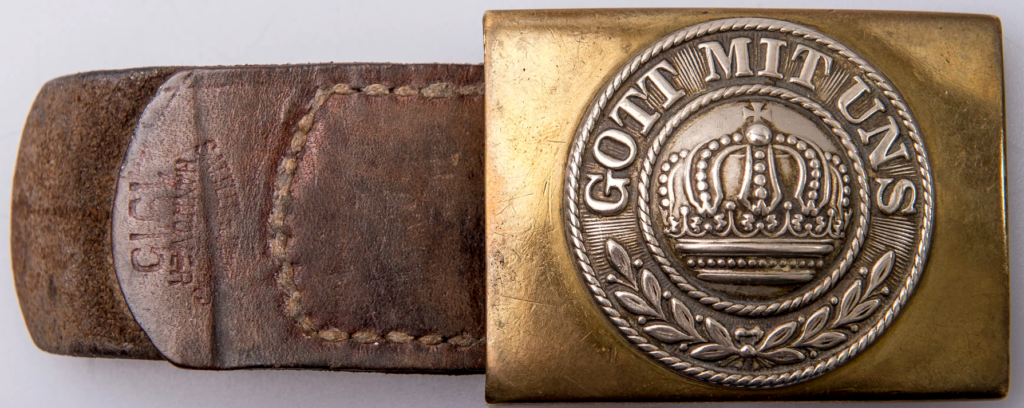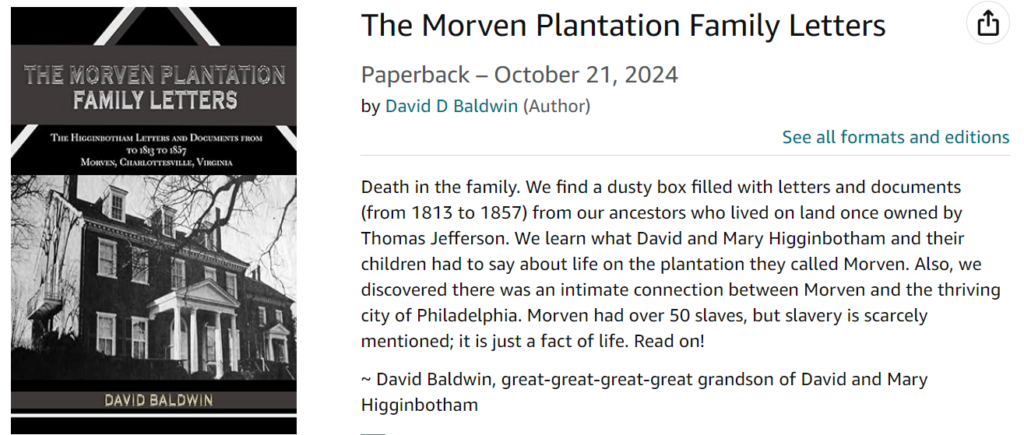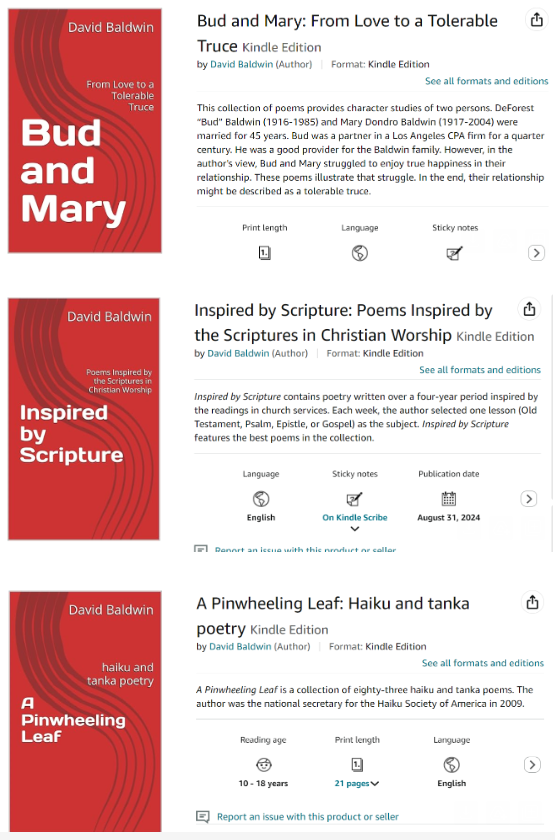[tanka]
tethered to the sun,
Venus is brighter than usual,
and so are you tonight,
on the arm
of a rich man
tethered to the sun,
Venus is brighter than usual,
and so are you tonight,
on the arm
of a rich man
A single mom gave everything she had
to her children. She took care of their urgent needs
at all hours. She worked in a stressful job
to put food on the table and clothes on their backs.
Because of her, there was peace and harmony at home.
The day came when she suffered a stroke and died.
Nothing was the same again. The children devolved
into anger and bitterness. Selfishness ruled the day.
The team was losing. The starting point guard
was bringing the ball up the court and taking
all the shots. His teammates were standing around
watching—hoping to do something useful.
The frustrated coach benched his leading scorer
and put in an unselfish pass-first reserve
who got the whole team up and running.
Soon the team was pulling away for a win.
The leading scorer sat at the end of the bench.
A major company wanted to increase its profits
by reducing payroll, so they laid off thousands
of competent older workers. The new people
struggled to find their footing. Investors were glad
when the stock price and quarterly earnings went up.
But the company lost its edge and never recovered
because of lagging productivity and the great loss
of institutional memory that left with the severance checks.
The high achievers make things better, not worse,
by their presence. Be honest: are you a high achiever?
Matthew 18:15-20
The Germans were fond of the slogan, Gott mit uns.*
They wore these words on belt buckles and helmets
and they hoisted them on a sign in the Great War.
The Brits responded, We got mittens, too.
Jason and Jamal each prayed to win
the state championship, but for opposite teams.
Jamal’s team won and he was chosen MVP.
After the game he said, I give thanks to God!
When you pray for victory, what answer do you expect?
Prayer is not a zero-sum game.
The scripture says, Again, truly I tell you,
if two of you agree on earth about anything
you ask, it will be done for you by my Father in heaven.
When two or more pray for a selfish purpose,
it does not matter if the group agrees or not.
Nothing will be done by your Father in heaven
except what God decides is best for you.
*God is with us.

Photo credit Lenny Warren of the Militaria Collectors Network
Tuesday, October 4, 1955.
Eighth grade class. Early afternoon.
None of the boys paid attention
to the teacher. The seventh game
of the World Series at Yankee Stadium
was on TV and we were sitting in class
in a cloud of unknowing.
All of us were Dodger fans.
I remember the teacher was annoyed—
boys were whispering among themselves.
She said, “What’s the problem?”
Someone said, “We want to know
who won the World Series.”
“Okay, we need a volunteer
to go to the office and find out.”
Every boy raised his hand.
I was seated in the front row because
my last name was first in the alphabet.
She picked me.
I grabbed the hall pass and took off running.
I was the messenger!
Five minutes later,
I burst through the classroom door
with the great news,
“The Dodgers won 2-0!
Dodgers are world champs!”
Every boy and some of the girls
jumped up and cheered.
After losing to the Yankees
four times since 1947,
Brooklyn finally won.
I remember taking personal credit
for this splendid turn of events,
as if it was me
who drove in the two runs
and pitched the 8-hit shutout.
Everyone was happy,
jumping up and down,
and I was the one who brought the joy.
Just published on Amazon. $12 for the paperback. No eBook yet.
These are my ancestors who lived near Charlottesville, Virginia, before the Civil War.

Hebrews 2:14-18
The gods consume nectar and ambrosia on Olympus
and amuse themselves by looking down on us
dispassionately. Cool detachment is a sardonic business.
Hellenism insists we see things as they are.
For right thinking, the body and its desires are a barrier;
we are cautioned to keep the mind completely clear.
Hebraism counters that the body and its desires
are a barrier to right action. The Lord requires
clarity of thought chastened by strictness of conscience.
The principal rubric of the Law is studied obedience
to the will of God. The Lord has a vertical presence—
aloof except to chastise with corrective fires.
The unknown author of the book of Hebrews crystalizes
the Christology of Paul by defining a different kind
of divinity in which the pioneer of our salvation identifies
with the human condition. Jesus is wholly man
as well as divine and, thus, he thoroughly understands
what it means for us to live imperfect lives.
But there is more. It is well and good to know
the Lord has empathy, unlike the dispassionate pantheon
or the distant God of Moses. It begs the question:
what can be done about our suffering and sorrow?
The pioneer of our salvation has come to earth to show us
exactly what we need for true consolation.
a bee swarm of ducks
lifts off from the wetlands,
then forms a V…
what kind of no-mind
makes them do that?
Christmas was coming.
I walked into J.J. Newberry,
the five and dime on Huntington Drive,
and approached the perfume counter.
The saleslady could see
I didn’t have a lot to work with.
She tried to fit quality to my budget
by showing me a tiny container
of a popular brand.
I was not impressed.
I pointed to a larger rectangular bottle
with very pale blue glass.
The price was four dollars.
I put my money down
and left the store
feeling good about myself.
On Christmas morning,
Mother opened my gift
of cheap perfume from the five and dime
and made a great show
of thanking me for my kindness.
“It’s the thought that counts.”
NOTE: This poem is from my book Bud and Mary, which was just released on Amazon. It recalls an incident at Christmas 1951 when I was nine years old.
Genesis 18:16-32
The Lord is angry. I ask the Lord,
“Will you sweep away the righteous with the wicked?
If you are just, would that be fair?”
I stand before the Lord and ask,
“If fifty are righteous, will all be swept away?”
The Lord responds, “For the sake of fifty,
I’ll save them all.”
I am the master of the deal.
I got it down to fifty.
But then I wonder if we have that many.
I’ll bargain for a lower count.
I stand before the Lord and ask,
“If thirty are righteous, will all be swept away?”
The Lord responds, “For the sake of thirty,
I’ll save them all.”
I am the master of the deal.
I got it down to thirty.
But then I wonder if we have that many.
I’ll bargain for a lower count.
I stand before the Lord and ask,
“If ten are righteous, will all be swept away?”
The Lord responds, “For the sake of ten,
I’ll save them all.”
I am the master of the deal.
I got it down to ten.
(Slower)
Then the Lord went his way
And I returned to my place.
(Resume)
The Lord is angry. I ask the Lord,
“Will you sweep away the righteous with the wicked?
If you are just, would that be fair?”
I am the master of the deal.
But I knew not the hearts of men.
Even ten was a count too high.
Ten souls were a count too high.
In the end, he saved the righteous.
The children of my children fan the earth
Because he was just, he was fair.
(All on the stage face the congregation, raise their arms, smile, and shout)
I am the master of the deal!
I uploaded three of my poetry eBooks to Amazon this week. Go to Amazon.com and select Books. In the search engine, do this: (a) Type “Bud and Mary Baldwin”, (b) Type “Inspired by Scripture Baldwin”, or (c) Type “A Pinwheeling Leaf Baldwin”
